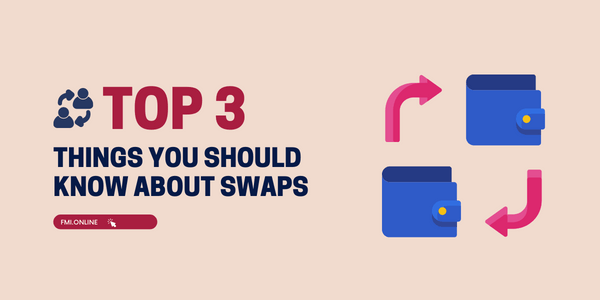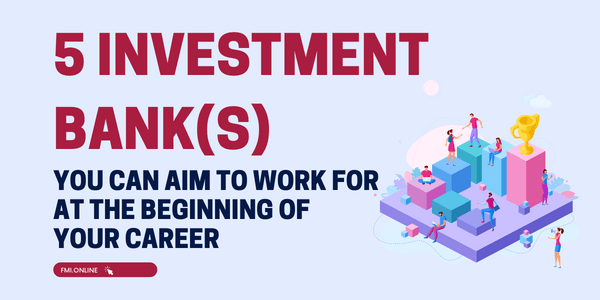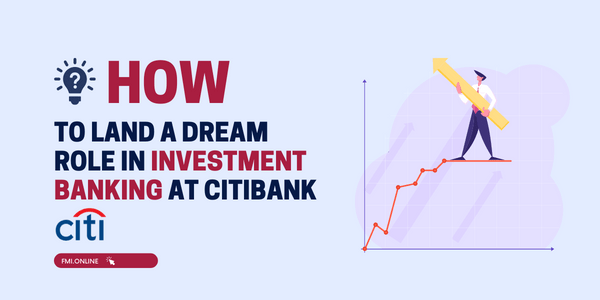As the name suggests, a swap is a financial exchange agreement in which the involved parties swap pre-agreed cash flows. These flows are typically related to interest payments based on the nominal amount of the swap. Between the two cash flows, one value is always fixed and the other is variable and based on an index price, interest rate, or currency exchange rate.
Swaps can also be categorised as a derivative contract. They are not traded on exchanges but rather over the counter and are usually customised between those involved. These include financial organisations and firms as opposed to individuals due to the potential risk of default by a counterparty.
If swaps and their corresponding markets are new to you, here are the three most important things you need to know about swaps:
1. The point of a swap is to hedge risk and reduce uncertainty
Swaps can help change the payment terms of a product by swapping it with another product’s terms. This may be done to minimise the risk associated with a particular payment option. For example, many companies, especially those that operate on a larger scale, use debt bonds to finance themselves. Investors receive a fixed interest rate on these bonds. These companies may opt for a swap to amend these payment terms from fixed to variable. This allows for the organisations to maintain a more viable debt structure.
The inverse of this could also be true. For example, If a client pays mortgage on variable terms but wants to switch to fixed term payments, it can be made possible through the swap market. This will allow for more flexibility and protect them against unexpected monthly payments.
2. The swap market is one of the largest and most liquid global markets
Swaps have been around since 1981 when the first interest rate swap took place between IBM and the World Bank. Since then, swaps have become a massively popular financial instrument. According to the Bank for International Settlements, the notional amount outstanding in over-the-counter interest rate swaps was more than $341 trillion in 2019. This market also makes up roughly 80% of the international derivatives market.
This is despite the fact that the swap market is not an exchange market like those for options and futures on but an OTC one. To diminish the risk associated with its format, the swap market has seen major regulatory changes in recent times in order to increase transparency and reduce uncertainty.
3. The most common swap is the Plain Vanilla Interest Rate Swap
The most commonly used swap is known as the plain vanilla interest rate swap. In this contract, a party agrees to pay the counterparty a fixed rate of interest on a predetermined principal at regular intervals for a specified time period. The other party agrees to make payments on a floating rate of interest for the same time period. However, it’s important to note that the two payments are made in the same currency under this type of swap.
To do so in different currencies, fims can use the plain vanilla currency swap. This allows the parties to exchange principal and fixed interest payments on a loan in one currency for similar payments in another currency.
Conclusion
Swaps are a relatively recent derivative instrument that allow the parties involved to exchange the terms of a pre-agreed financial agreement. Unlike futures and options, swaps are customised contracts and traded over the counter and not on an exchange. This does increase the potential risk of default on payments, hence, a majority swap agreements are between financial institutions and firms as opposed to individuals. Despite their risk factor, swaps are a highly popular instrument and constitute one of the largest global marketplaces. If you want to acquire a deeper understanding of the swaps market, you can avail an exhaustive course such as the Swaps Course by FMI.












 60+ hours
60+ hours 9 courses
9 courses



